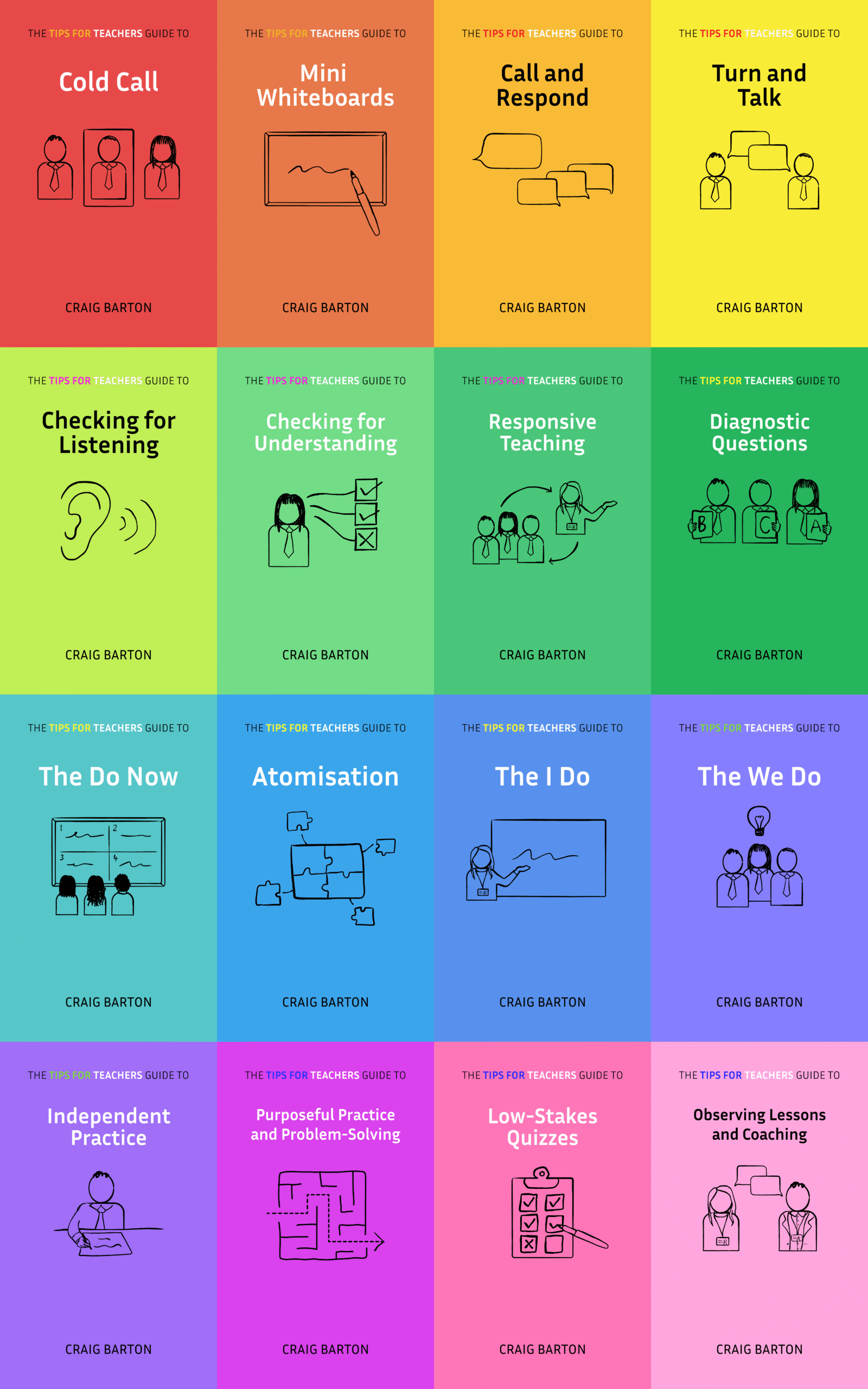
- Title: Does overnight memory consolidation support next-day learning?
- Authors: Anna á V. Guttesen, Marcus O. Harrington, M. Gareth Gaskell, Scott A. Cairney
- Access the original paper here
- Watch a video overview:
Paper summary
This document presents a full-length research article exploring the relationship between overnight memory consolidation and next-day learning. The authors, from various psychology departments, conducted two preregistered behavioral experiments using a 12-hour sleep/wake delay design to test their hypotheses. They detail their methodology, including participant recruitment, task design (visuospatial and word pair memory), and data analysis, providing tables and figures to illustrate their findings. The article concludes with a discussion of their results, acknowledging the unexpected finding that sleep didn’t directly benefit new learning in their primary analysis but highlighting an exploratory analysis that suggests a link when initial learning performance is controlled.
If teachers remember one thing from this study, it should be…
If teachers remember one thing from this study, it should be that overnight sleep significantly aids memory retention. Furthermore, exploratory findings suggest that this consolidation can be positively linked to a student’s capacity for learning new material the next day, particularly when initial learning performance is accounted for.
***Paper Deep Dive***
Define any technical terms used in the paper
Declarative memory: Memories for events or facts that can be consciously recalled.
Memory consolidation: The process by which newly formed memories are stabilized for long-term storage. Sleep actively supports this.
Active Systems Consolidation framework: A model proposing that sleep promotes the transfer of declarative memories from the hippocampus (a short-term memory store) to the neocortex (a long-term store) for stable retention.
What are the characteristics of the participants in the study?
The study’s participants included 115 individuals in Experiment 1 (57 Sleep, 58 Wake) and 123 in Experiment 2 (58 Sleep, 65 Wake). They were native English speakers residing in the UK, aged 18–30 years. Participants from Experiment 1 did not partake in Experiment 2.
What does this paper add to the current field of research?
This paper confirms sleep strongly benefits declarative memory consolidation. Crucially, it provides exploratory evidence of a positive link between overnight consolidation and the capacity for next-day learning, particularly when accounting for initial learning performance. This suggests sleep acts as a “memory resource manager,” preparing the brain for future learning.
What are the key implications for teachers in the classroom?
For teachers in the classroom, the key implications from this study are centered on the vital role of sleep in learning:
Therefore, encouraging students to prioritize sleep, particularly after intensive learning days, can help them solidify existing knowledge and optimize their readiness to absorb new information in subsequent lessons.
Overnight sleep significantly aids in the consolidation and long-term storage of newly learned material. This means that for students to effectively remember what they are taught, getting adequate sleep after learning is crucial.
The paper provides exploratory evidence that strong overnight memory consolidation may be positively linked to a student’s capacity for learning new material the next day, especially when their initial learning performance is considered. This suggests that sleep helps manage memory resources, preparing the brain for future learning.
Why might teachers exercise caution before applying these findings in their classroom?
Teachers should exercise caution because the strong positive link between overnight consolidation and next-day learning was an exploratory finding, not one from the primary preregistered analyses. The paper explicitly states that “further confirmatory studies are necessary” to directly assess these conditions. Additionally, systems-level memory consolidation is a long-term process, taking weeks or months, which one night of sleep may only initiate, not fully complete.
What is a single quote that summarises the key findings from the paper?
Taken together, our findings provide exploratory evidence that overnight consolidation may be linked to new learning, with pre-sleep retrieval performance influencing the magnitude of this relationship








